Space: The Final Coffee Frontier
For paid subscribers: From the preposterous tech startup that wanted to roast coffee in space to espresso on the International Space Station, there’s a lot of coffee up there.

An espresso cups sits on a table beside a folded newspaper. Via Unsplash
It’s the end of another week here in limbo, as we collectively sit in lockdown and watch the coronavirus numbers tick ever upward. At least, I hope you’re also sitting in lockdown.
There are a couple of cool virtual things happening this weekend—first, on Saturday, April 11, #RallyForCoffee is a pseudo-event hosted by ceramic maker Created Co. that encourages people to buy their favorite coffee online in a sort of Record Store Day but, you know, online and with coffee.
And then in non-coffee related fun things, on Sunday, April 12 the Michigan Theater here in Ann Arbor is hosting a free online screening of Cecil B. DeMille’s 1923 silent epic The Ten Commandments on YouTube, accompanied by house organist Andrew Rogers on his home organ (yeah, he has an organ in his house. It’s pretty awesome).
Right, on with the news.
It’s beginning to get to a point of stasis in the coffee industry, with most cafes closed (or doing drive-through if you’re Starbucks for some reason) and most roasters trying to keep things going via online sales.
Everyone is locked down, waiting, uncertain what tomorrow, next week, next month will bring. Here’s what’s happened over the past week:

Coffee cherries on the branch. Via GoodFreePhotos
When you look at the bag of specialty coffee you just bought from your local roaster (online of course), do you ever wonder what the words Bourbon, Pacamara, or even Gesha mean? They’re usually listed under the Variety heading, and they refer to the sub-type of coffee within the arabica family that have been created through natural mutations or wild cross-breeding.
They’ve also become marketing terms within the specialty coffee industry—especially with Gesha, a famous variety that Barista Magazine has said “looms large in our current specialty coffee landscape—high-priced, synonymous with the best quality, and a guaranteed conversation starter.”
Well, it turns out that those fancy marketing campaigns can be highly misleading.
World Coffee Research has found that a lot of the time coffees marketed as a specific variety are… not that at all. Especially, it turns out, when it comes to Gesha. Using DNA fingerprinting technology, WCR found that “only 39% of the 88 samples identified as the famous Gesha variety … were found to truly be Gesha.”
So basically everything is a lie and nothing means anything. I mean, the research probably has some scientific usefulness but who cares about that.
Hold on to your hats, everyone, Nespresso has a plan.
That plan? No, it’s not “pay more for coffee to remove the incentive for using child labor in the first place.” That would be too difficult probably.
The actual plan involves six steps. Those steps, according to Daily Coffee News, include “doubling the number of Nespresso agronomists in Guatemala while hiring dedicated social workers before the harvest season; conducting more unannounced farm visits; improved documentation regarding the treatment of coffee pickers; expanding a pilot project to include ‘child-friendly’ spaces on coffee farms; increased education and outreach; and a hotline for reporting labor issues.”
The plan is, of course, in reaction to a documentary by Channel 4 in the UK that uncovered instances of child labor on farms that supplied Nespresso and Starbucks.
Oh look, Nestlé again. This time, news that the Swiss multinational has added its coffee brand Zoégas (me either) to IBM’s Food Trust blockchain traceability program and partnered with Rainforest Alliance in order to “bolster the coffee’s data traceability.”
Apparently, Nestlé “will add QR codes to Zoégas’ ‘Summer 2020’ coffee product packaging, sold in Sweden. When scanned, these codes will show consumers their beans’ journey from harvest to shelf, with documentation stored on IBM’s food tracing blockchain.”
Is this good? Will it help consumers make better decisions? Will it allow farmers to earn more? Is this just more blockchain marketing with no real end goal? Is this too many questions?
It depends what kind of coffee you’re drinking. According to new research, there’s a chemical difference between hot coffee and cold brew, and one has more antioxidants than the other.
Hot coffee has more, in case you’re interested.
However, “cold brew coffees across all three roast temperatures were slightly less acidic than their hot brew counterparts,” says the research. So there’s that.
Is this helpful information? Hard to tell. Both kinds still have antioxidants, and both are still good for you—one’s just a bit more so than the other.
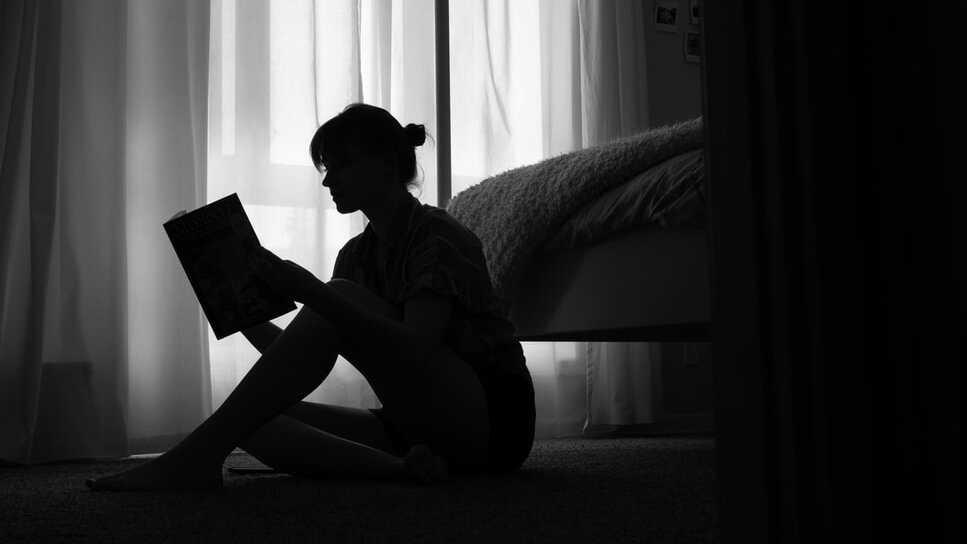
A person sits on the floor reading a book. via Unsplash
Becoming A Carbon Responsible Business by Rachel Northrop
Exploring The Dalgona Coffee Craze by Janice Kanniah
How Coffee Ruined A Country by Lizabeth Cohen
Until next week, stay home and drink good coffee. And wash your hands! A lot!
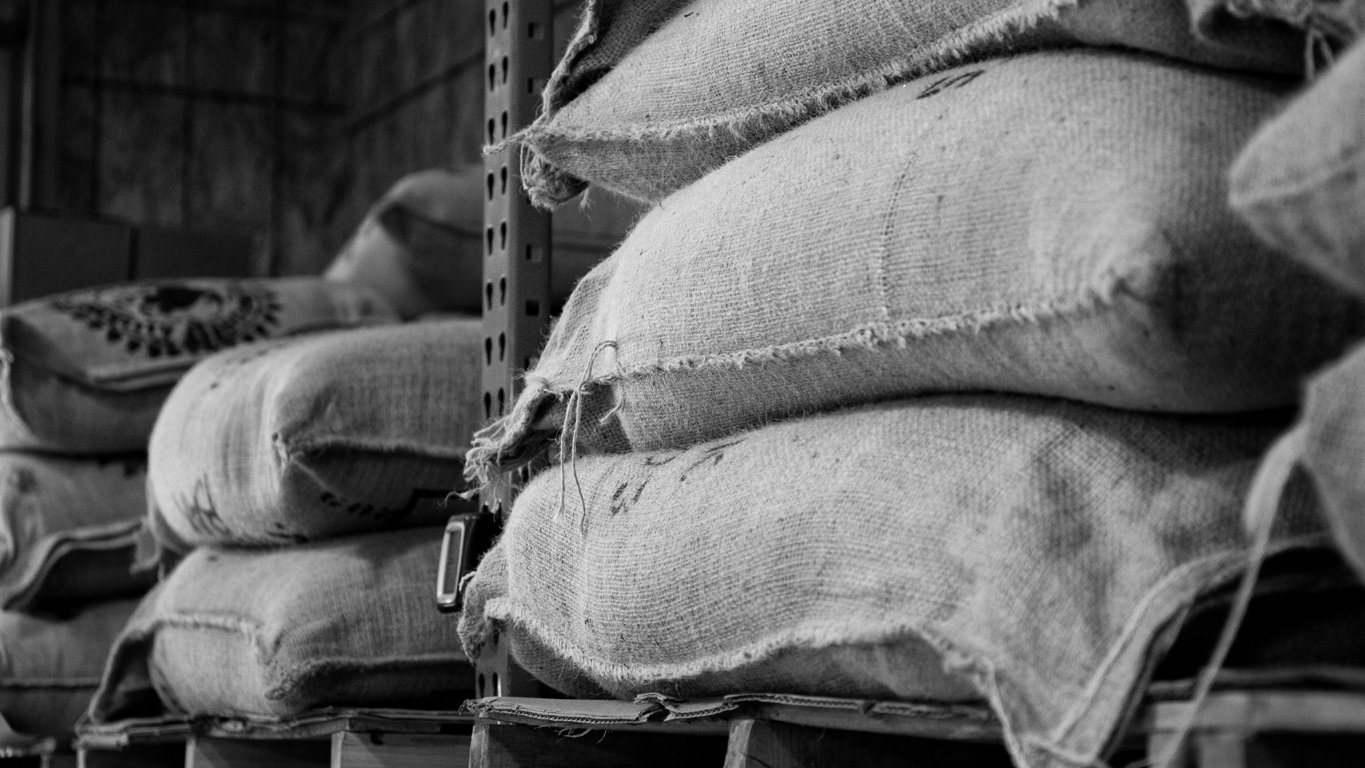
Nov 24, 2023 Connecting the Dots: Inside the 2023 Coffee Barometer Nov 24, 2023 Nov 24, 2023
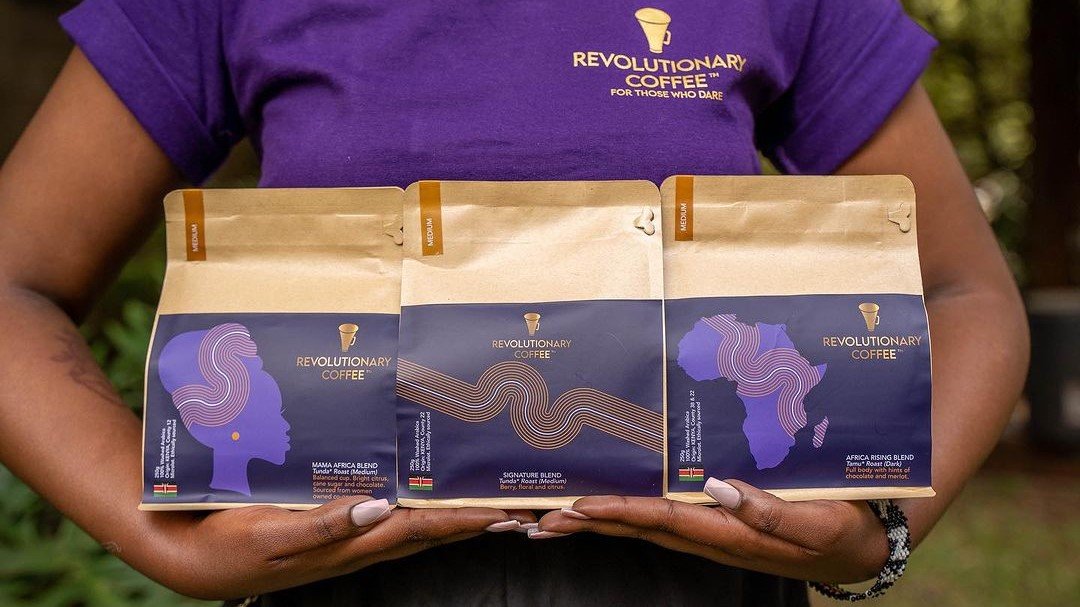
Oct 21, 2023 'Specialty Coffee Should be Enjoyed by Those Who Grow It': The Farmer's Daughter Joining Kenya's Coffee-drinking Revolution Oct 21, 2023 Oct 21, 2023
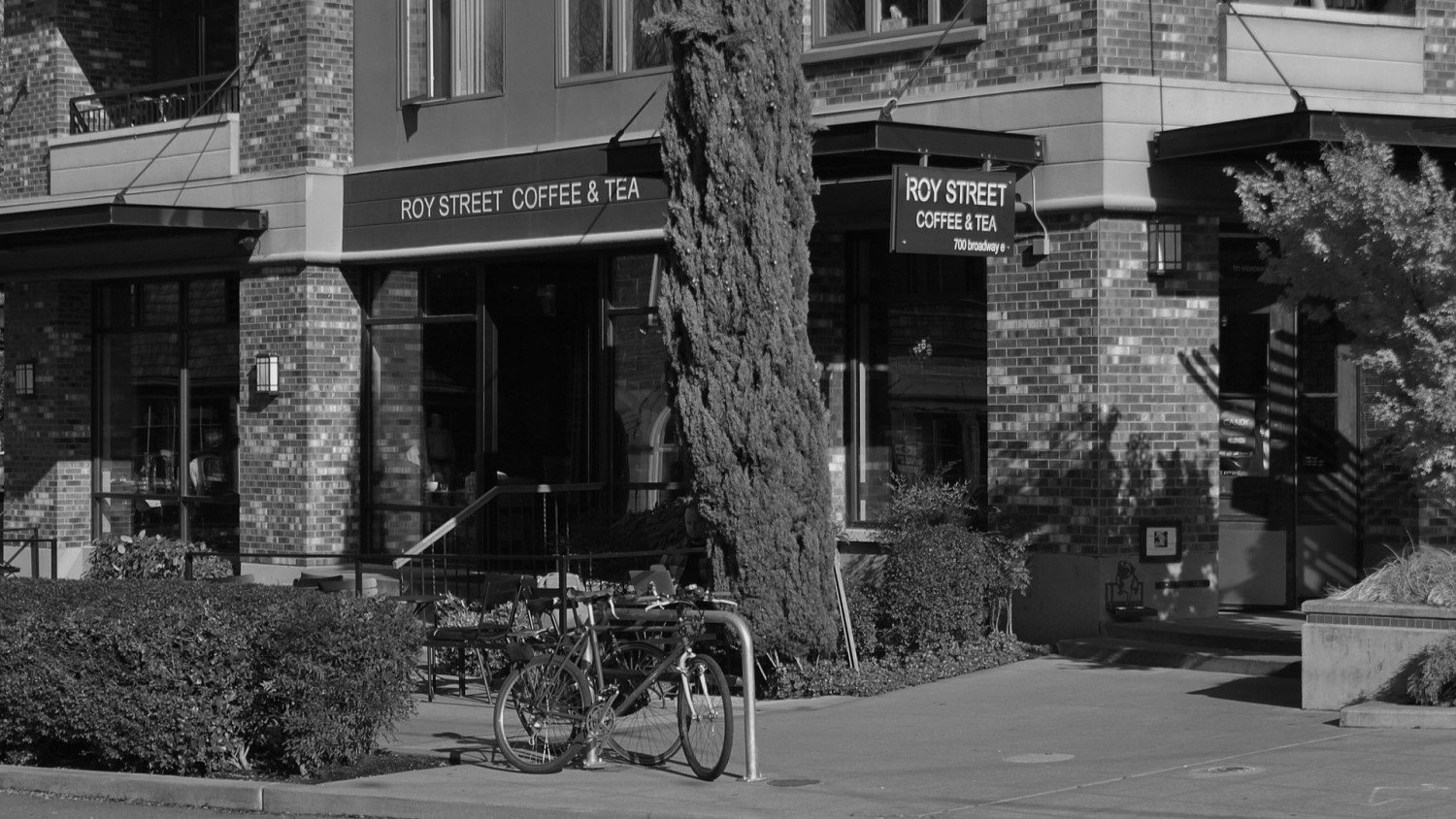
Oct 6, 2023 Stealth Starbucks: A Premonition of Modern Specialty Coffee Oct 6, 2023 Oct 6, 2023
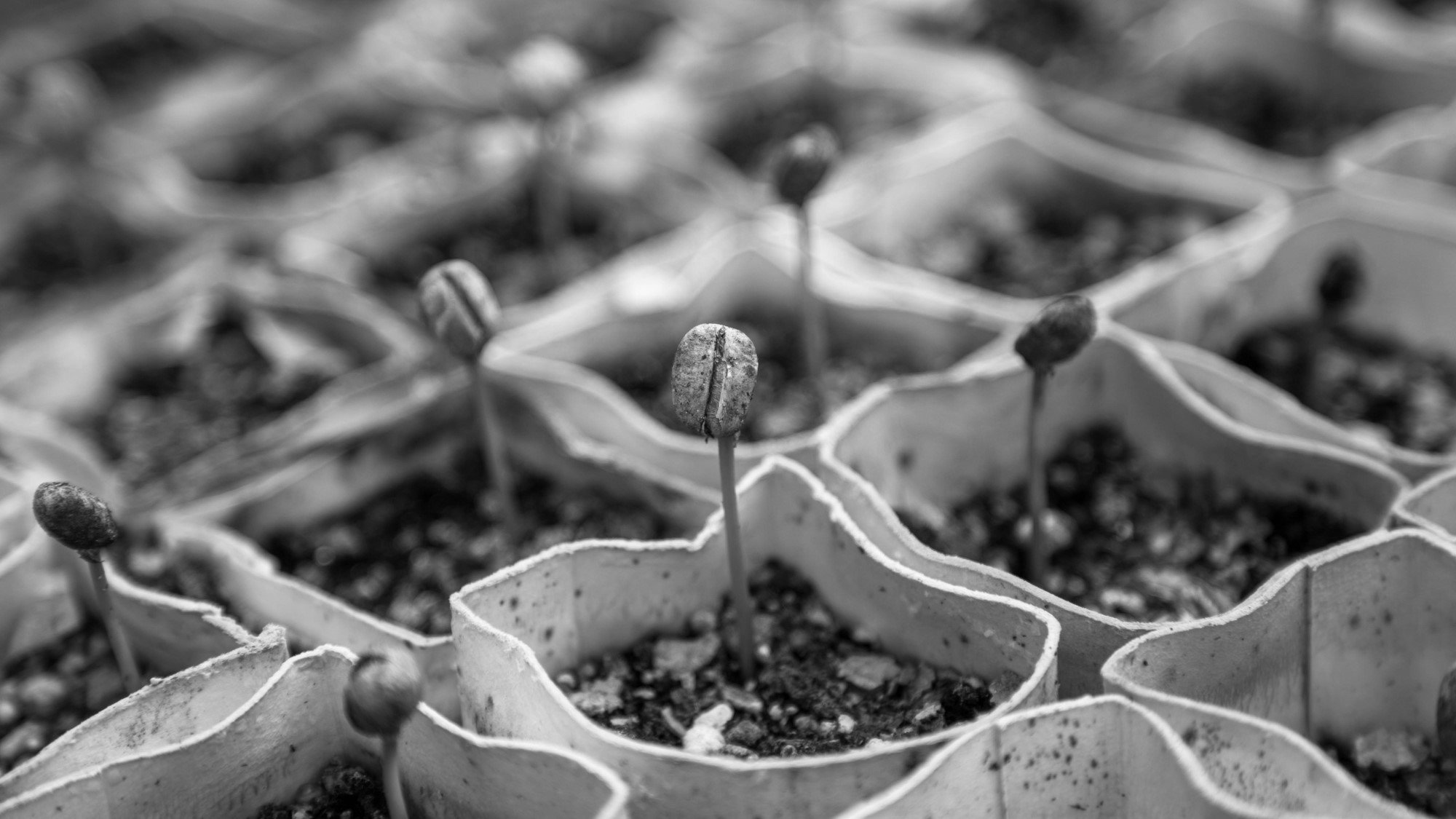
Sep 22, 2023 Can the Coffee Change Fund Save Coffee? Sep 22, 2023 Sep 22, 2023
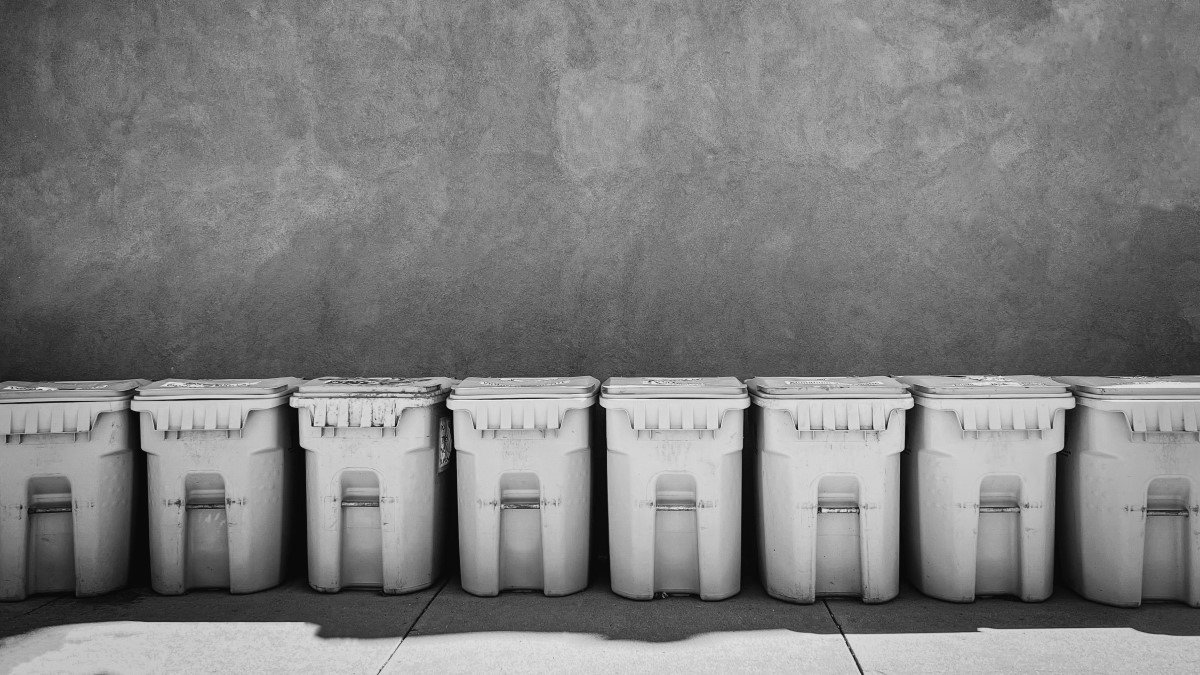
Sep 8, 2023 Upcycled Coffeewashing Sep 8, 2023 Sep 8, 2023

Aug 25, 2023 From A Concerned Farmer Aug 25, 2023 Aug 25, 2023

Aug 11, 2023 Philly is a (Coffee) Union Town Aug 11, 2023 Aug 11, 2023
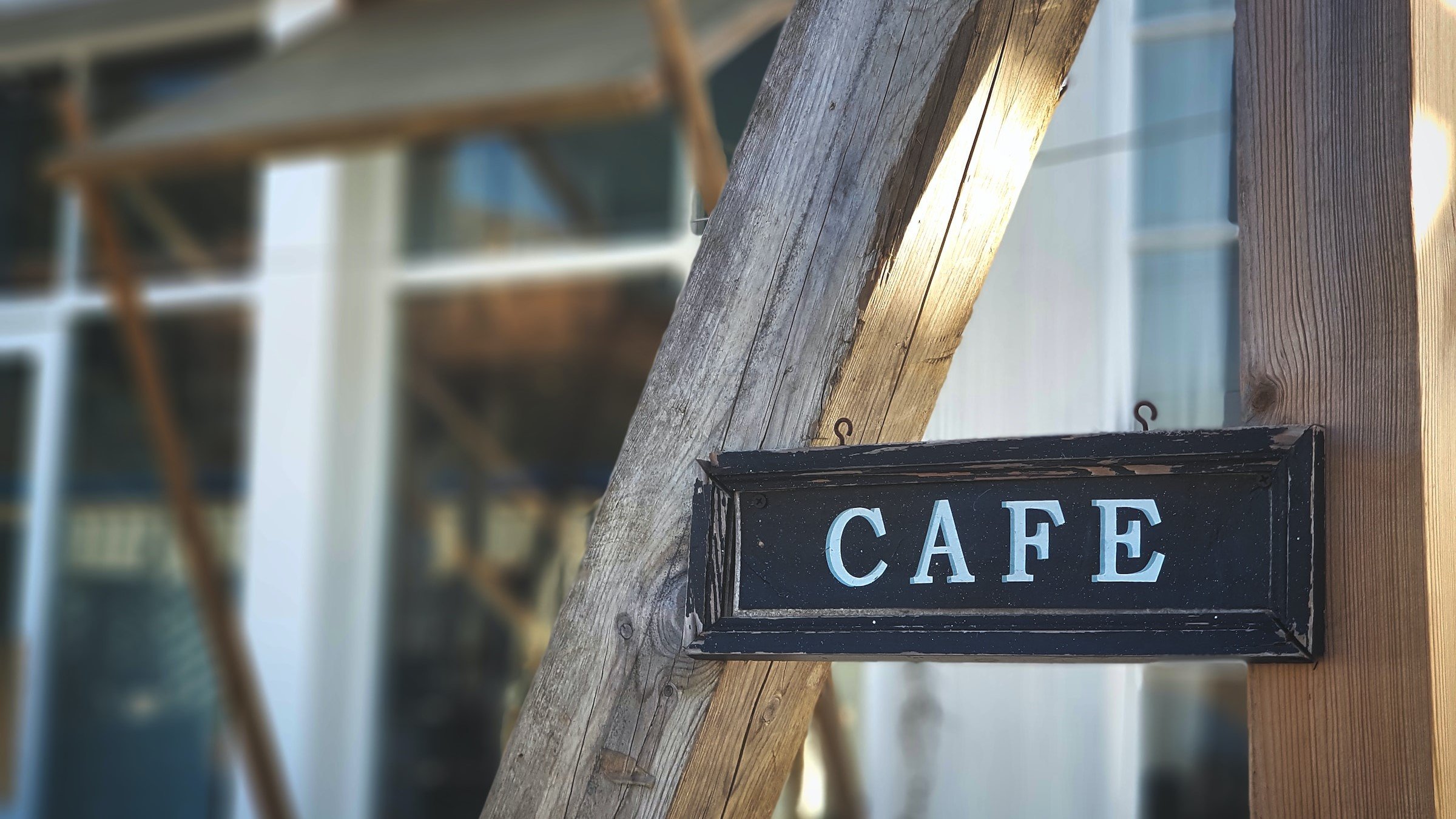
Jul 28, 2023 South Korea's Coffee Wars Jul 28, 2023 Jul 28, 2023

Jul 14, 2023 Camp Coffee, Colonialism, and the Evolution of a Brand Jul 14, 2023 Jul 14, 2023
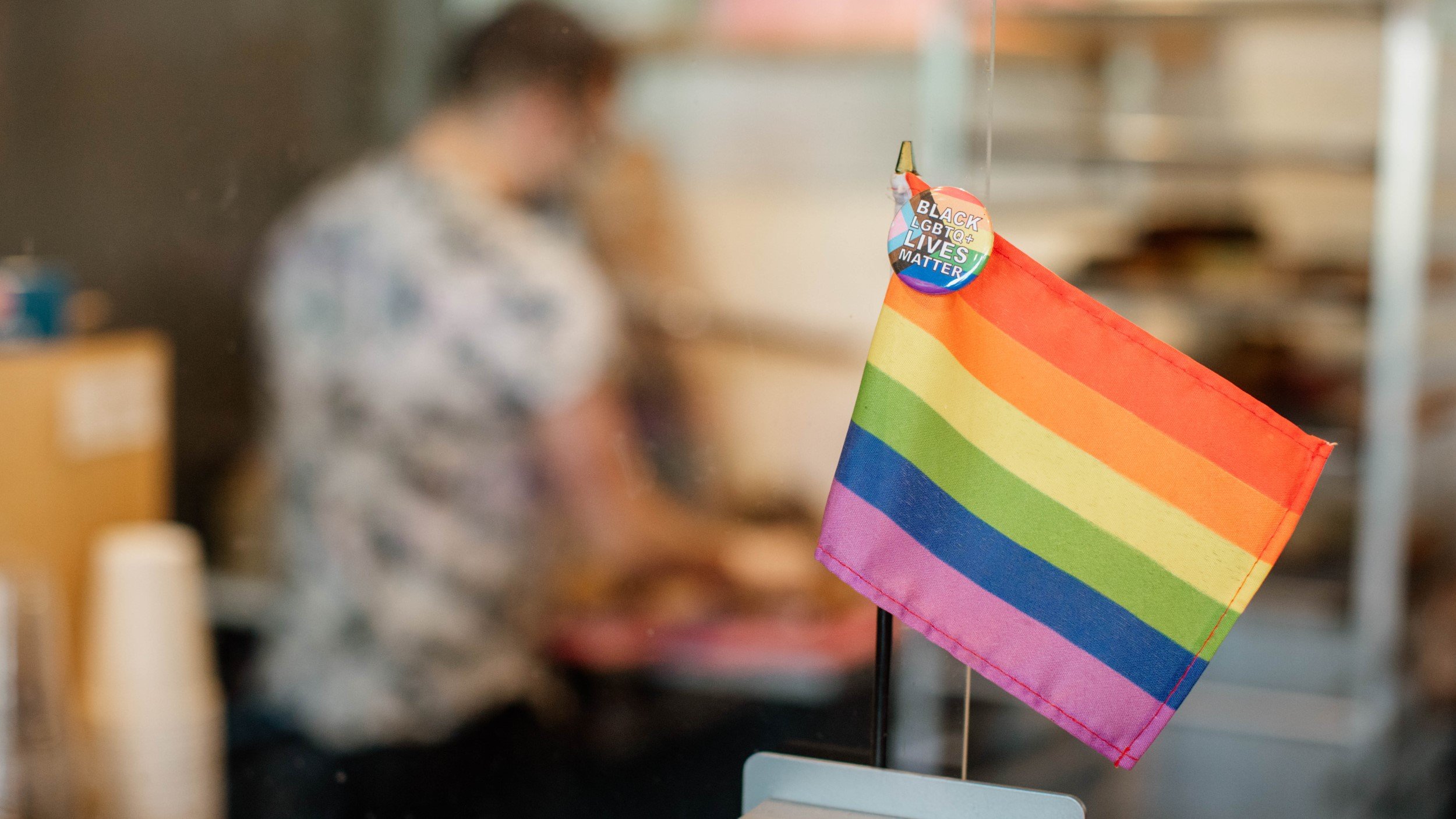
Jun 30, 2023 Defiance and Gay Frog Donuts: How Strange Matter Coffee is Navigating the Anti-LGBTQ+ Backlash Jun 30, 2023 Jun 30, 2023
Deeply researched articles exploring all the ways coffee connects to politics, history, and culture—delivered direct to your inbox